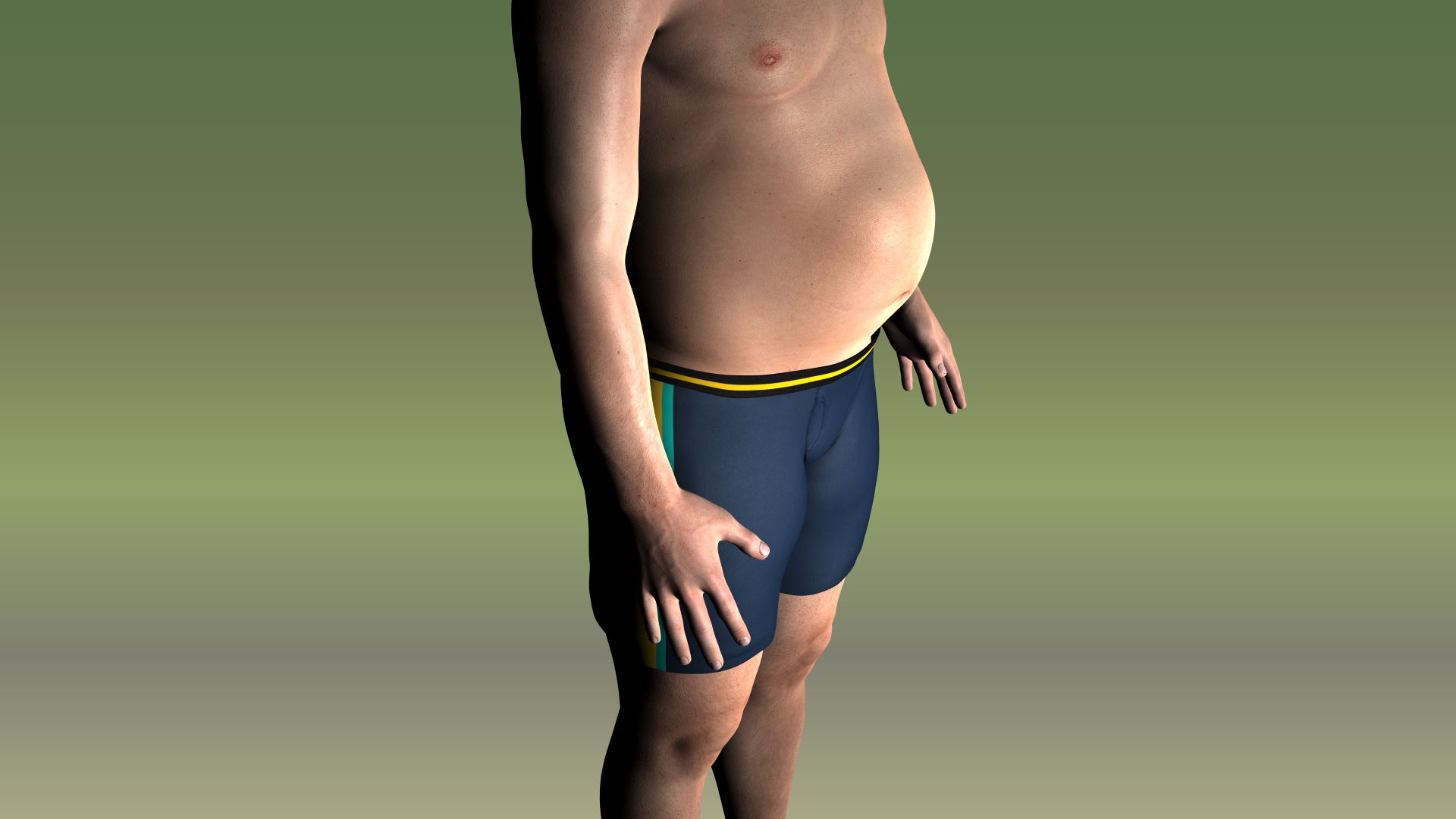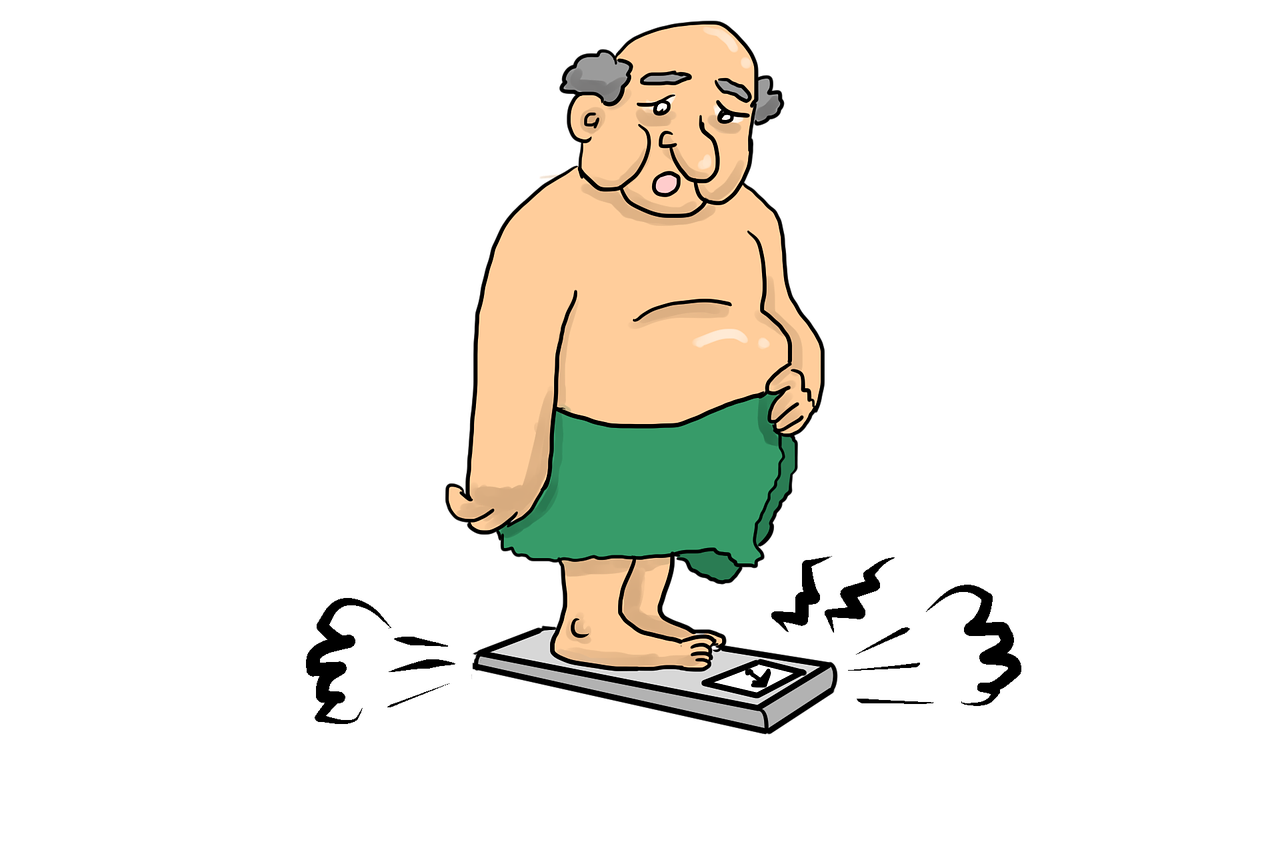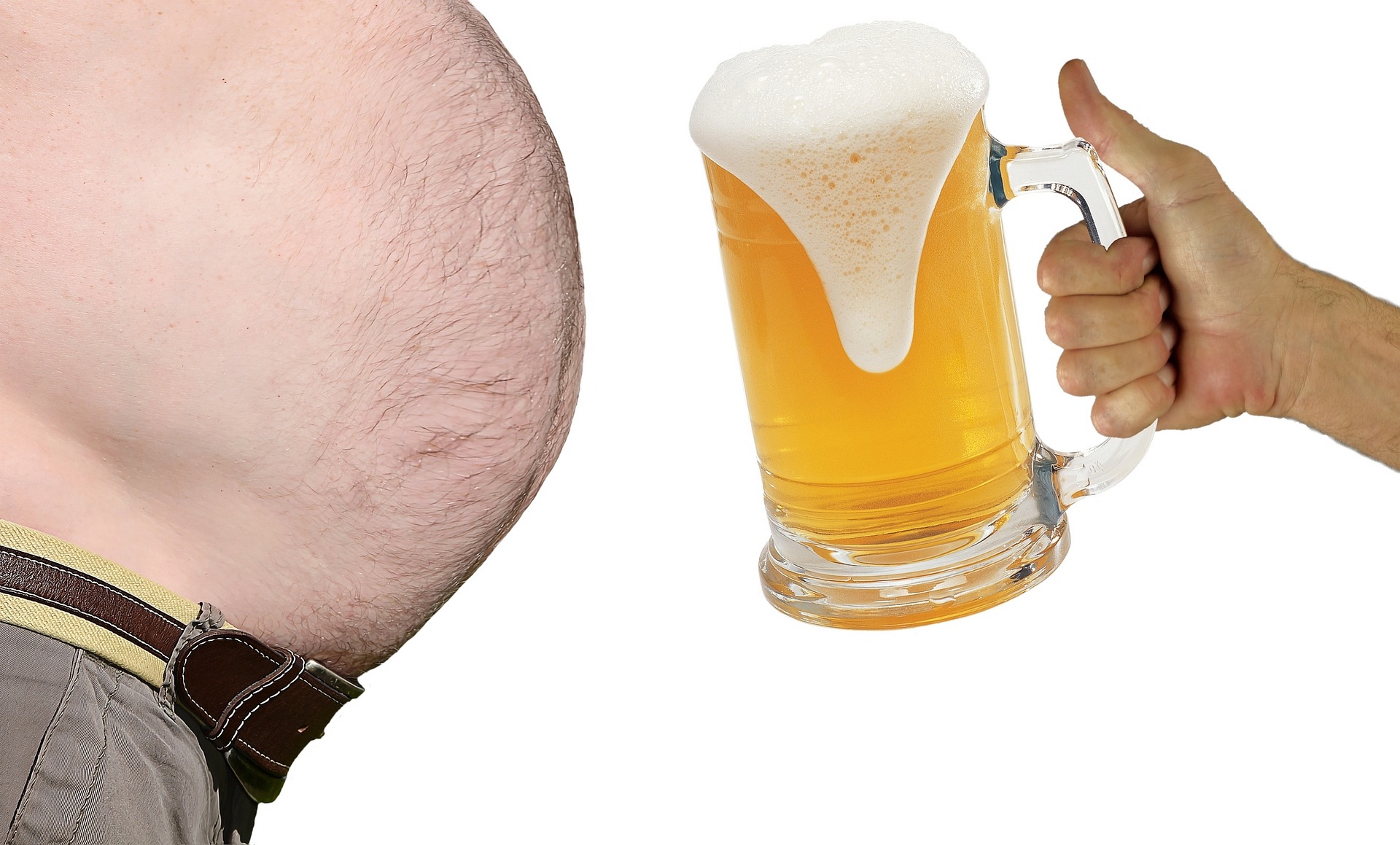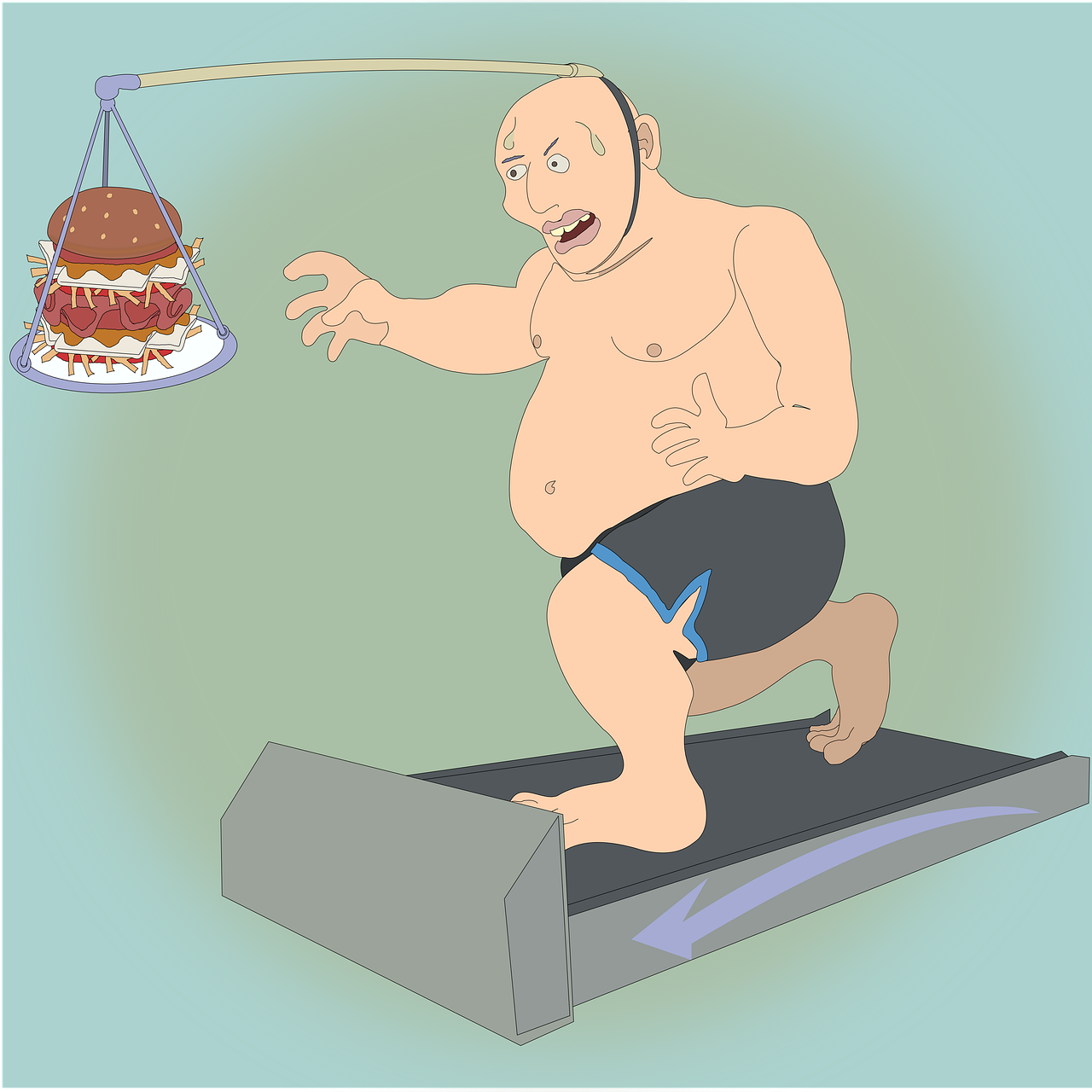
Body shaming is a term that has gained much attention in the modern era. But in practice, it has existed for many years.
People have different perceptions when it comes to beauty. Some define it in terms of skin color standards, body shape and dimensions, the hair color and length, the type of clothes one has worn, and more.
As that’s the case, a higher percentage of people suffer different repercussions based on their perceptions. People are too short, too tall, too thin, too fat, and it’s because of these concerns, many have failed to accept themselves.
Having a concern about how you look is natural. We have all at some point been worried about whether we look appealing or not for a particular event. But too much concern can trigger health problems.
So, What Is Body Shaming?
Body shaming is criticizing one based on their physical appearance. In simple, it’s shaming someone for their body shape or type.
Mental Health Foundation (MHF) has released statistics that show negative body image can cause mental health issues in people of all ages. They revealed that 52% of children aged 11-16 years in the UK often worry about their looks, girls taking a higher percentage.
Further, 35% of young people aged 13-19 years said they often worry about their body image.
On the other hand, 15% of adult men and 25% of adult women also felt shame about their bodies.
However, by keenly observing the statistics and the traditional stereotype, women are more concerned about their appearance than men.
Body shamers are sparing no one. And although many believe that shaming someone may lead to better eating habits and exercise to get healthier, science has confirmed it isn’t true.
Instead of motivating people, fat shaming lowers the victim’s self-esteem leading to harmful health effects.
The primary effects are:
1. A Threat To Mental Health
Your body image and self-esteem starts in your mind based on your perceptions. The negative mental picture you have about your body image combined with how you feel about it affects your understanding of your worth.
And as a result, this leads to social anxiety and depression due to low self-esteem. Research has revealed several people end up having suicidal thoughts after a long period of battling low self-esteem.
People with anxiety tend to overthink, and when it comes to remarks about your body, it’s no different.

Your perceptions about your body and self-esteem impact each other this way; if you don’t like your body, it’s hard to feel good about yourself wholly. As such, your thoughts, behavior, and feeling will not reflect on respect for your body.
A healthy body image is tolerating less of what you dislike about yourself. And this means you truly accept the way you look. But if you focus on shortcomings in one area of a situation, it becomes a norm to see only problems in other areas.
High self-esteem will impact how you value and respect yourself. You’ll freely take care of yourself emotionally, spiritually, and physically.
2. Weight Shaming May Lead To Eating Disorders

According to research by the Journal of health psychology, body esteem is linked to eating disorders. They revealed conditions like Anorexia, where someone starves themselves to lose weight, are so common worldwide.
Also, Bulimia, where someone overeats to gain weight when they are slim, is so common. Unfortunately, Anorexia is said to cause dehydration, bloating, constipation and affect the body’s normal functioning in general, like menstrual cycles.
Research has revealed further when someone is shamed for their body state, it leads to weight control or weight gain, which worsens the situation. Too, fat shaming in youths has led to low levels of physical activities taking things to the extreme.
Body shaming is people setting their standards for you to live on. But staying fit and healthy is easier for your whole body health other than trying to fit other people’s standards.
How to Embrace Your Body and Overcome Body Shaming
First, treat your body with respect. Controlling your body isn’t easy, but eating balanced meals and exercising makes you feel good and healthy. Also, stay hydrated. That sounds easy. Right?

Second, dress in a decent way that makes you feel comfortable about yourself. Source for the clothes that fit you, a hairstyle that gives you an appealing look, what about your favorite and fashionable shoes? That sounds right too.
Third, find a short, catchy, and positive quote that gives you motivation every day. Hang it around your home mirror, and whenever you read and reflect your image on your mirror, you’ll feel good about yourself.
Fourth, surround yourself with positive people who will appreciate your uniqueness. These people will help you build self-love and acceptance of your body.
Fifth, to overcome weight shaming, be mindful of the messages you see on social media. The mocking information and comments people leave on social media are stereotypes you should challenge.
Sixth, never compare yourself to others. Everyone is unique in their way. Develop body positivity by accepting your body image and the changes it may undergo with time.
Lastly, speak it out when someone offends you. Although it is offending to be shamed, people won’t know their actions hurt you until you speak out.
How You Should Defend Others Too
Choose to stand against body shaming by defending others. If you come across someone being fat-shamed, stand up for them. And you’ll practice courage to challenge whoever shames you.
Additionally, master the signs of an eating disorder. Go further to inform and help weight shaming victims struggling with conditions like Anorexia or Bulimia.
Conclusion
Body shaming leads to health disorders like depression and anxiety. Self-acceptance is the key to a healthy life. So boost your self-esteem and reduce the risks of mental and physical health conditions.
You are valuable, like any other person!

